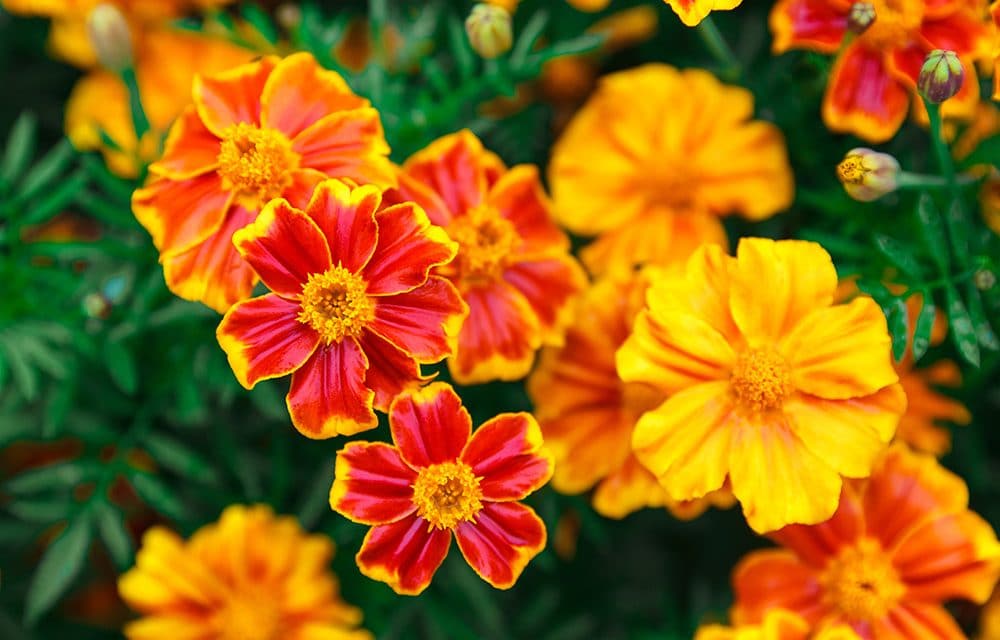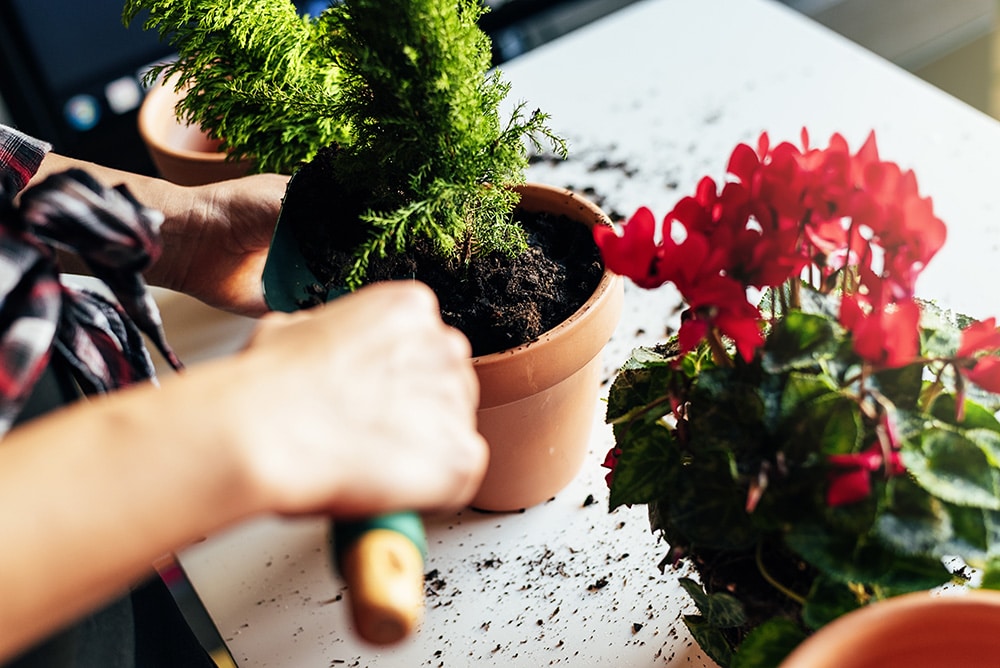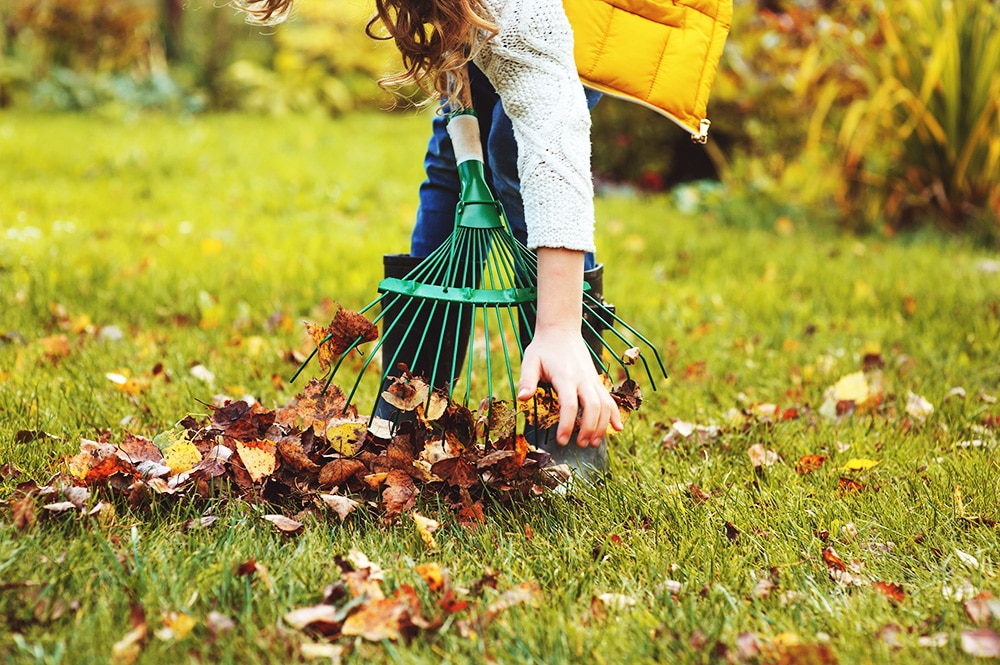No products in the cart yet. Keep shopping.
Gold Star Recyclers – Vilis Family Bakery
Vili's Family Bakery - Gold Star Recycler “I hate waste!” Vili Milisits, South Australian entrepreneur and owner of the iconic Vili’s Bakery, is...

May is the perfect time to organise your garden as it transitions from summer to winter. You will be amazed with the results when the spring arrives! Read on to learn more about how to get the best out of your garden this season
Some of the classic winter flowering plants are now arriving at your favourite garden centre. The colours, shapes and forms are numerous and have some of the most stunningly beautiful flowers you can imagine. If you haven’t tried growing these plants before give them a go, you won’t be disappointed. Winter/Spring flowering annuals are an important food source for bees when many trees and shrubs are devoid of any flowers.
May is a great time to order your Roses ready for bare root. You can now prepare the area for planting in June. Blend compost with the existing soil and let them sit until planting time next month.
Make sure you fertilise your lawn before it gets too cold. The added benefit of feeding now is that the soil is moist. Always apply fertilisers to moist, not dry soils and water them in.
Weeds too will make an appearance now that the soil moisture is increasing. There is no easy solution to keep weeds at bay. You can manually remove them however with some weeds this may lead to an increase in numbers. Spraying with herbicides is not the right choice for the environment, and your health. Firstly identify the weed that you have in your garden and then seek the best option for the control of that weed.
As the weather cools check your indoor plants regularly, you will notice that they need less watering. Take care of them by using tepid water. Like us, plants do not want a bucket of cold water tipped over them in cold weather, so the water room temperature or just over will help to care for them. Plants also like stable temperature so moving them away from windows, where it is warm during the day but freezing cold at night , will make them happy.
A really good way to brighten up your house is to have pots of colour splashed around and the beauty of pots is you can move them around as you desire.

Some pests are making their last hurrah in the garden before winter. Watch out for Aphids on Waterlillies, Mandevilla and Hibiscus. Generally hosing them off will suffice at this time of the year. The pests that are awakening now are the snails and slugs and treating them can be as simple as a swift gumboot, or inviting them over for a saucer of beer. You can also put out some iron based pellets that will kill snails and slugs without harming other animals. Remember to use as per directions for the best and safest results.
The autumn leaves are about to fall. They are nature’s own garden fertiliser that you can compost at home or place into your green bin. Enjoy the last of the autumn weather and get busy in the garden.

Vili's Family Bakery - Gold Star Recycler “I hate waste!” Vili Milisits, South Australian entrepreneur and owner of the iconic Vili’s Bakery, is...
Jeffries CulChar is the perfect organic fertiliser for garden beds, lawns and native plants: with the added benefits of our secret ingredient.
Jeffries latest innovation, Jeffries CulChar, is a complete, certified organic, slow-release fertiliser, including essential trace elements and minerals. The inclusion of Jeffries BioChar works together with the organic carbon of the included compost as a long-term soil conditioner. Jeffries CulChar is a very complete and cost-effective nutritional offer that is safe to use in direct contact with plants and their root systems.
Let’s take a closer look at how Jeffries CulChar works and compare how it performs next to other organic fertiliser alternatives.
There’s no denying that Jeffries Organic Compost is a useful soil amendment. Among its many benefits, it improves aggregate formation, porosity,...